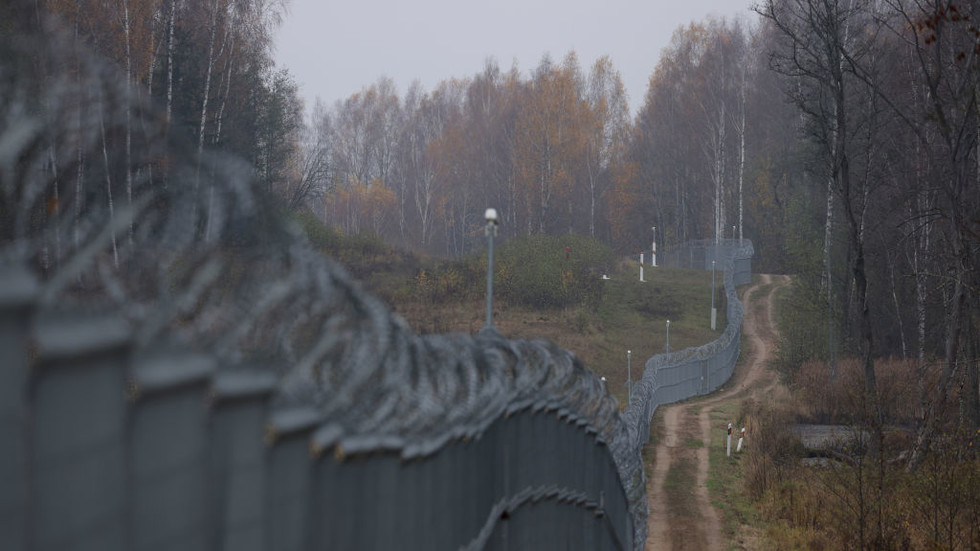Prof. Michael Hudson’s new book, The Collapse of Antiquity: Greece and Rome as Civilization’s Oligarchic Turning Point” is a seminal event in this Year of Living Dangerously when, to paraphrase Gramsci, the old geopolitical and geoeconomic order is dying and the new one is being born at breakneck speed.
Prof. Hudson’s main thesis is absolutely devastating: he sets out to prove that economic/financial practices in Ancient Greece and Rome – the pillars of Western Civilization – set the stage for what is happening today right in front of our eyes: an empire reduced to a rentier economy, collapsing from within.
And that brings us to the common denominator in every single Western financial system: it’s all about debt, inevitably growing by compound interest.
Ay, there’s the rub: before Greece and Rome, we had nearly 3,000 years of civilizations across West Asia doing exactly the opposite.
These kingdoms all knew about the importance of canceling debts. Otherwise their subjects would fall into bondage; lose their land to a bunch of foreclosing creditors; and these would usually try to overthrow the ruling power.
Aristotle succinctly framed it: “Under democracy, creditors begin to make loans and the debtors can’t pay and the creditors get more and more money, and they end up turning a democracy into an oligarchy, and then the oligarchy makes itself hereditary, and you have an aristocracy.”
Prof. Hudson sharply explains what happens when creditors take over and “reduce all the rest of the economy to bondage”: it’s what’s called today “austerity” or “debt deflation”......more below
https://sputnikglobe.com/20230515/pepe-escobar-us-empire-of-debt-headed-for-collapse-1110374196.html
The European Commission has announced plans to “strengthen” the borders of nine member states
The European Commission unveiled a strategy on Wednesday to reinforce nine EU member states bordering Russia, Ukraine, and Belarus, by means of the ‘European Drone Defense Initiative’. Previously dubbed the ‘drone wall’, the plan has faced criticism over its feasibility.
Russia has repeatedly dismissed Western claims of being a threat to NATO or EU nations, calling the narrative “nonsense” and “fearmongering” meant to justify inflated military budgets.
Announced by the commission’s executive vice president, Raffaele Fitto, the plan includes Finland, Estonia, Latvia, Lithuania, Poland, Slovakia, Hungary, Romania, and Bulgaria. Brussels says that these nations are facing reduced investment, demographic pressure, and “hybrid” threats linked to the Ukraine conflict.
The new strategy includes a €28 billion ($33 billion) loan program, as well as commitments to implement ...
Washington’s initiative seeks to secure a supply chain for AI, semiconductors, and critical minerals
India has joined the US-led Pax Silica alliance, which aims to secure a supply chain for artificial intelligence, chips, and critical minerals.
The Pax Silica declaration was signed on the sidelines of the AI Impact Summit currently underway in New Delhi.
Australia, Greece, Israel, Japan, Qatar, South Korea, Singapore, the UAE, and the UK are the other signatories of the declaration, according to the US State Department.
Canada, the European Union (EU), the Netherlands, the Organization for Economic Cooperation and Development (OECD) and Taiwan are non-signatory participants.....more below















